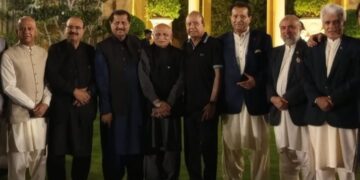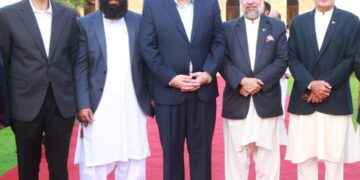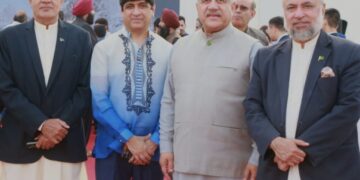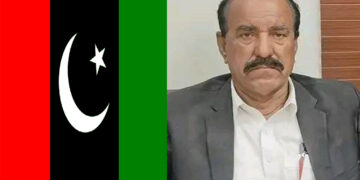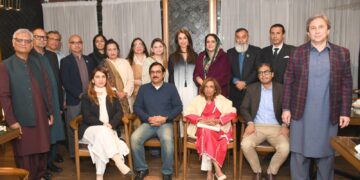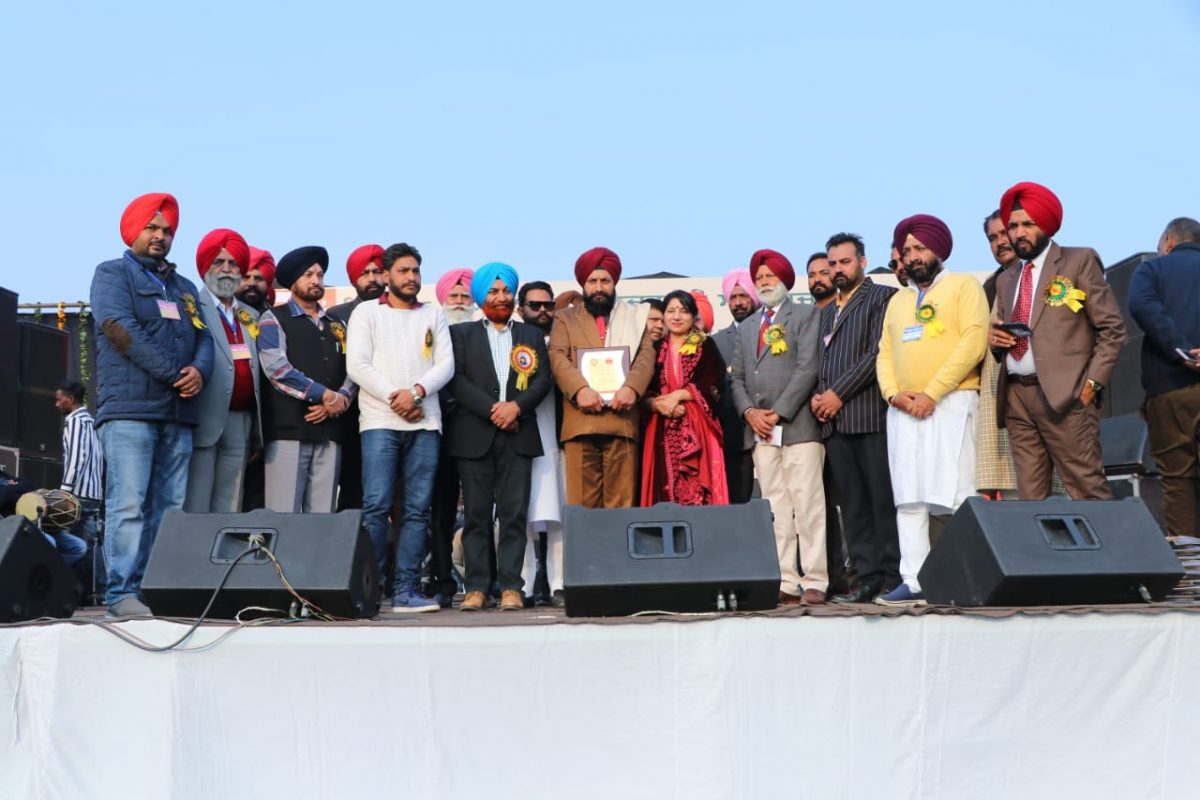In Pakistan, state institutions which are upholding the principles of social and political welfare failed to cater the demands of poor and deprived people. There has been a long history of abysmal performance of state institutions. It is a country where elite class has been served with all sorts of perks and privileges and weaklings either suffered in the dockets of court or their right overwhelm by any other civil or military institution. The fundamental rights of common people are not only compromised but also dispensed in ruthless way. Even, the judicial system of Pakistan cannot act or seem to be an independent institution. It is slow, painstaking, riddled with flaws and unfavorable for poor. Therefore, it can be rightfully claimed that rule of law remained elusive, justice is not served and the might is only right in the land of pure people.
The political victimization is an open secret in Pakistan’s politics. The governmental figures often use bureaucratic power and other institutions as a tool to accuse opposition figures and same has been repeated when the regime has been changed. In Pakistan’s politics, it has become norm for politicians to pay price of being on wrong side. Besides, the rampant corruption and the disrespect of merit are the biggest hurdles in the good governance of state institutions. According to 2021 corruption perceptions index reported by transparency International Pakistan is the 140 least corrupt out of 180. Therefore, in a current scenario, the best available solution is digitalization of institutions. This might minimize petty corruption and bring good check and balance system as well.
In the contemporary world, we have seen that the most developed countries have the most robust applications of rule law. While, the developing countries like Pakistan are struggling to maintain the principles of rule of law. The political figures and the corrupt mafias of these countries often use their influence to acquire their self-interests. In addition to that, one of the major reasons behind the abysmal performance of state institutions is the personalization of politics. Dynastical politics is prevalent in Pakistan’s political landscape and political parties works for their whims and wishes not for the manifestos. Therefore, for Pakistan as like the most developing countries it is imperative to form a comprehensive policy and a proper legislation for the smooth functioning of state institutions.






